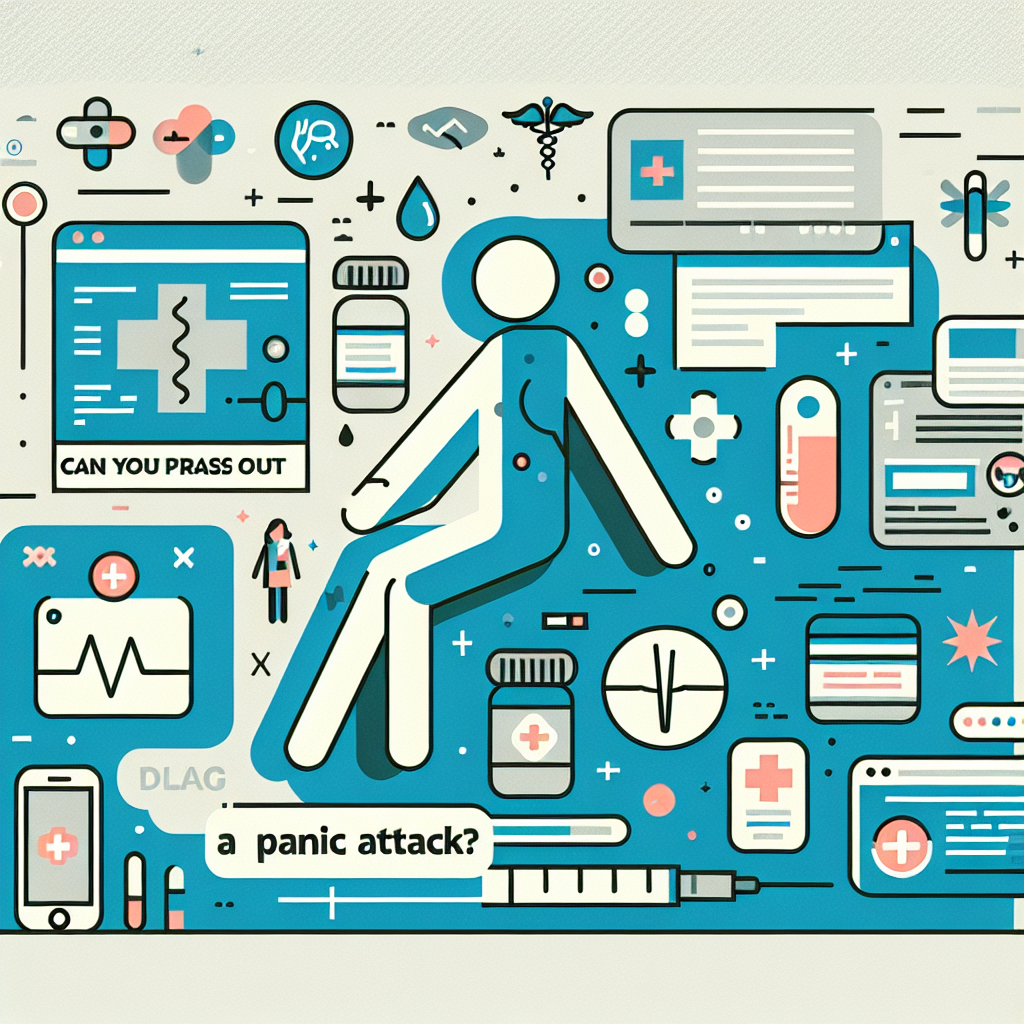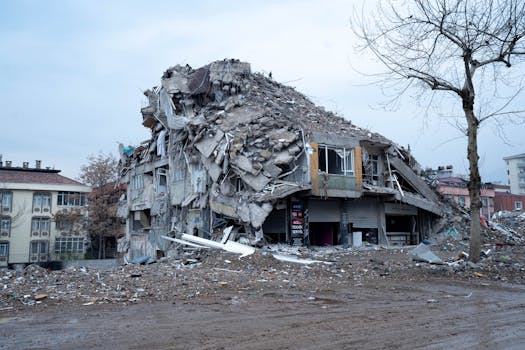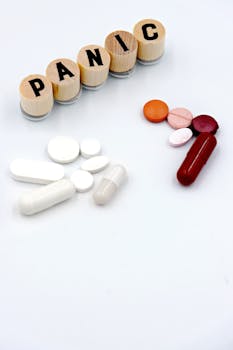Panic attacks can feel overwhelming, and many people worry about whether the intense physical symptoms can lead to loss of consciousness. Early in an episode you might wonder, can you pass out from a panic attack — and what that would mean for your safety. This article explains the physiology behind panic and fainting, how common panic attack fainting is, and practical steps to reduce risk and get help when needed.
Can you pass out during a panic attack?
Panic attacks trigger a powerful fight-or-flight response: rapid heartbeat, fast breathing, sweating, and a rush of adrenaline. Those reactions alone don’t usually cause loss of consciousness, but certain pathways — like hyperventilation or a vasovagal response — can lead to lightheadedness and, in some people, fainting. Understanding the difference between anxiety and fainting and the specific mechanisms involved helps answer questions like can a panic attack cause you to pass out or can an anxiety attack cause you to faint.
People often search for similar questions and phrases: can an anxiety attack cause you to pass out, can an anxiety attack make you pass out, can anxiety cause you to pass out, can anxiety make you pass out, can panic attacks make you faint, can panic attacks make you pass out, can u pass out from panic attacks, can you faint from a panic attack, can you faint from anxiety, can you faint from anxiety attack, can you pass out from a anxiety attack, can you pass out from a panic attack, can you pass out from anxiety, do panic attacks make you pass out, fainted from stress, panic attack fainting, panic attack pass out, panic fainting, passing out from anxiety, passing out from stress. All of these reflect understandable concerns; the answers depend on individual physiology and context rather than a single yes-or-no.
There are two common reasons someone might faint during severe anxiety. One is hyperventilation: breathing too quickly lowers carbon dioxide in the blood, causing dizziness, tingling, and sometimes fainting. The other is a vasovagal syncope triggered by intense emotion or pain: a sudden drop in heart rate and blood pressure that reduces blood flow to the brain, producing a brief loss of consciousness. Certain medical conditions (heart rhythm problems, dehydration, low blood sugar) can increase the risk, which is why we separate panic fainting from purely anxiety-driven lightheadedness.
If you experience dizziness or near-fainting during anxiety attacks, signs to watch for include blurred vision, sweating, nausea, a sense of detachment, and weakness. If you actually lose consciousness, even briefly, seek medical evaluation to rule out cardiac or neurological causes. For general background on panic attacks and their symptoms, reputable summaries such as the Panic attack — Wikipedia page can be useful starting points.
Managing episodes and reducing the chance of fainting involves both immediate tactics and longer-term strategies. In the moment, sit or lie down to prevent injury in case you do pass out; focus on slow, diaphragmatic breathing to correct hyperventilation; sip water and loosen tight clothing. Grounding techniques — naming objects in the room, feeling your feet on the floor, or using the 5-4-3-2-1 sensory method — help interrupt runaway anxiety. Over time, therapy, breathing retraining, regular exercise, and sleep hygiene reduce overall frequency and intensity of panic attacks.
If you’re trying to reduce daily triggers and improve emotional regulation, practical lifestyle changes complement clinical care. Digital habits can influence anxiety levels, so taking breaks from screens and curating online time may help. For tips on reclaiming focus and lowering baseline anxiety, see descriptive anchor text.
When to seek urgent care: if fainting is recurrent, lasts longer than a few seconds, follows chest pain, occurs during exertion, or is accompanied by persistent confusion, get immediate medical attention. Otherwise, schedule a primary care visit to review heart rhythm, blood pressure, and medication side effects. Your clinician can determine whether episodes are primarily panic-related or due to another medical condition.
- Understand the difference: panic symptoms commonly cause near-fainting, but true loss of consciousness may involve hyperventilation, vasovagal syncope, or medical issues.
- Use immediate safety steps: sit or lie down, breathe slowly, hydrate, and use grounding techniques.
- Follow up with a clinician if fainting occurs, to rule out cardiac or neurological causes.
- Long-term management — therapy, breathing retraining, lifestyle changes — reduces the frequency and severity of panic episodes.
Can panic attacks make you faint?
Yes, in some people panic attacks can lead to fainting, usually via hyperventilation or a vasovagal response. However, most panic attacks cause intense discomfort without full loss of consciousness. If you faint, see a medical professional to confirm the cause.
What should I do if I pass out from anxiety?
If you faint, check for injuries and seek prompt evaluation. When awake, avoid driving or operating machinery, rest, and contact your clinician to discuss testing and strategies to prevent recurrence.
When is fainting from stress dangerous?
Fainting is more concerning if it happens during physical exertion, is accompanied by chest pain or shortness of breath, or results in prolonged confusion. These situations require urgent medical assessment.






